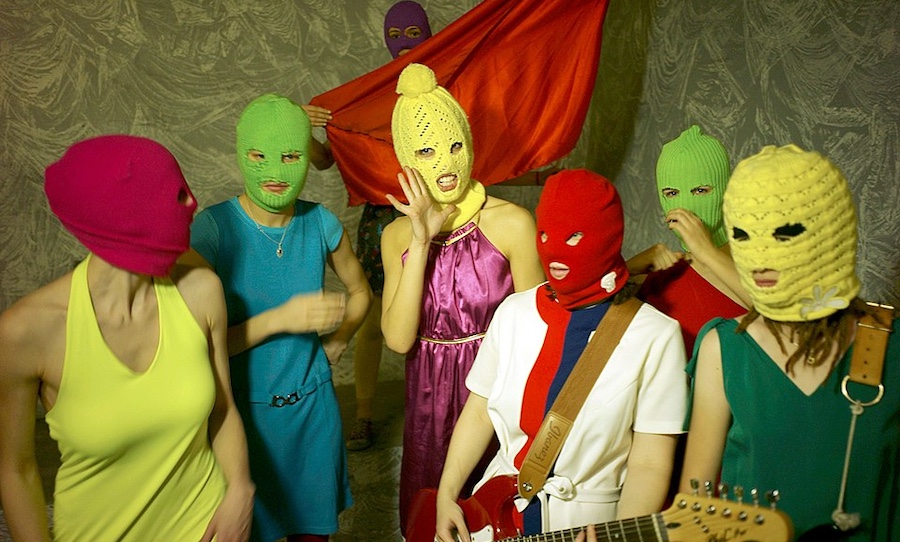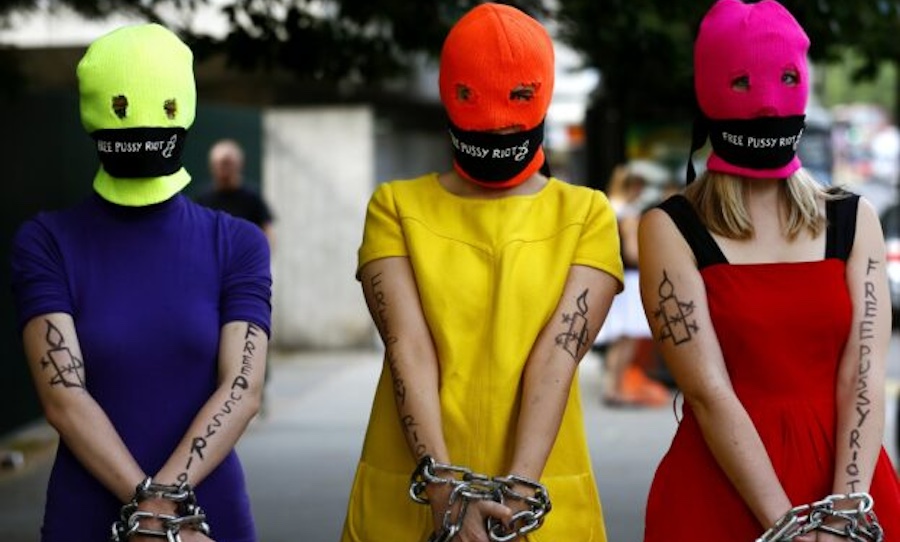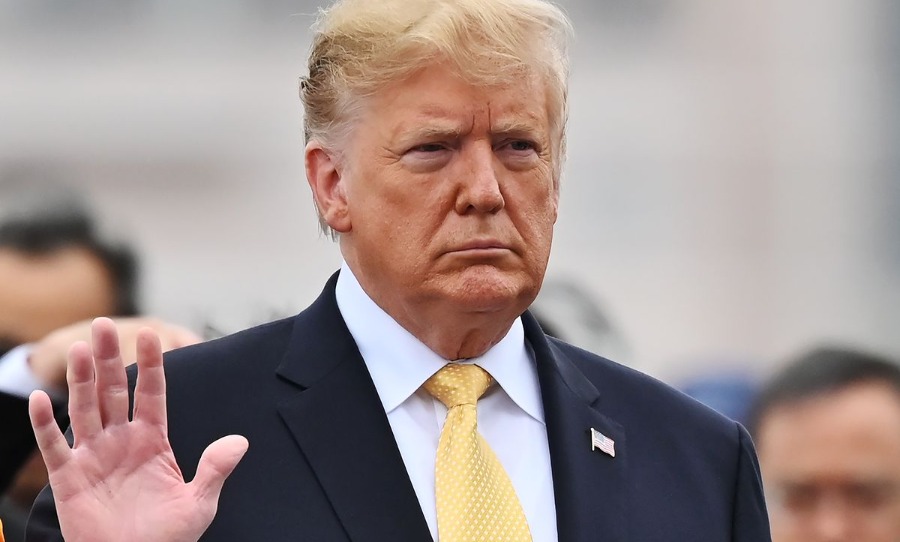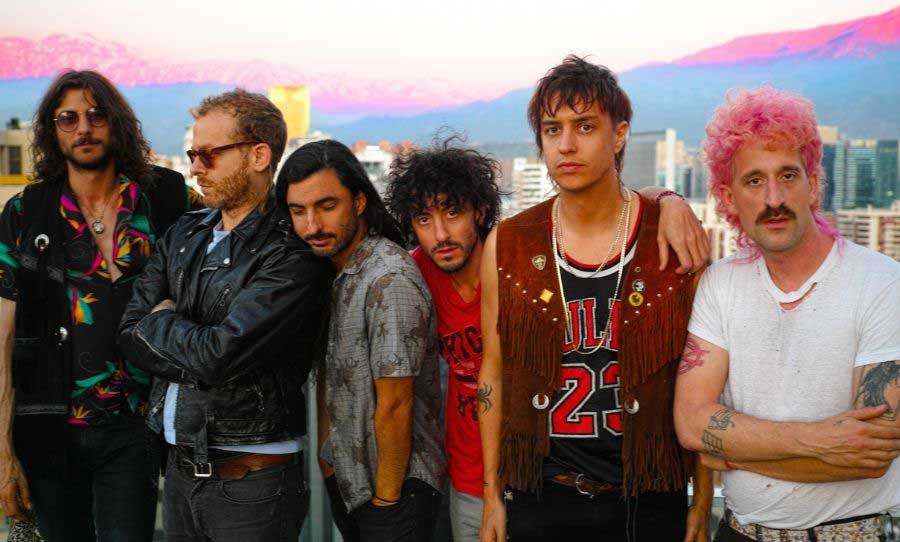The thought police are watching your browser history.
Russia has just criminalised curiosity.
A new law, passed on July 17th, punishes citizens for even searching for content labelled “extremist,” a vague category that now includes Pussy Riot’s rebellious anthems.

The legislation, effective September, slaps offenders with fines up to 5,000 rubles ($64) for daring to look up banned material. VPN ads? Those could cost individuals $2,500 and companies a staggering $12,800.
Since 2012, Pussy Riot’s fiery performances, like “Putin Has Pissed Himself,” have been blacklisted as “extremist.”
But the crackdown doesn’t stop at punk protest art. Over 5,000 entries, from political slogans to books, now lurk in the justice ministry’s digital dungeon.
Even Kremlin loyalists are uneasy. Yekaterina Mizulina, head of the pro-government League of Safe Internet, warned the law could muzzle her own surveillance efforts. “They’ll ban us from monitoring extremism,” she lamented on Telegram.
As Russia tightens its grip on dissent, one question lingers: Who decides what’s too dangerous to see?



